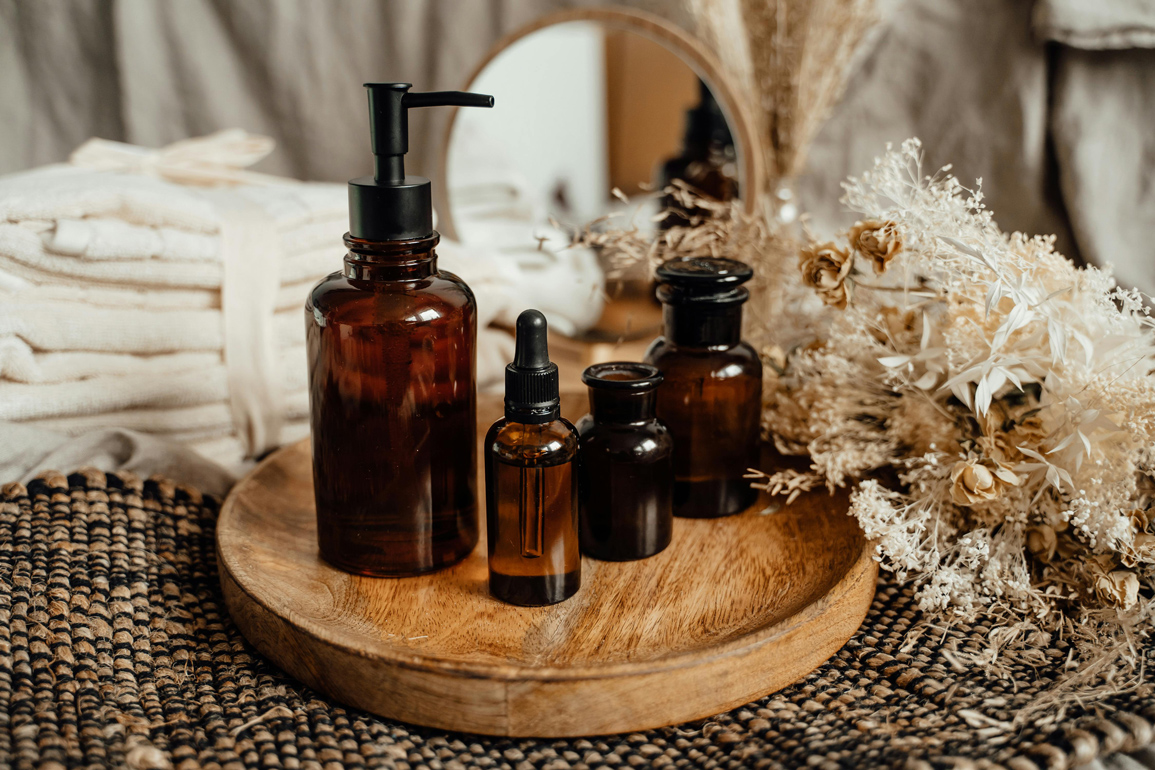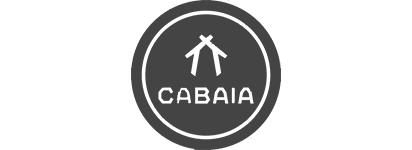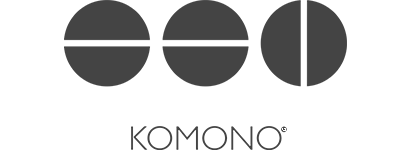Skincare and cosmetics are essential products for many individuals, offering a range of benefits from enhancing beauty to promoting healthy skin. When it comes to these products, quality and user experience are of utmost importance. Asian manufacturing countries, such as South Korea and Japan, are renowned for their expertise in producing skincare and cosmetics. However, sourcing from Asia can pose potential quality risks. To mitigate these risks, thorough Quality Control and Due Diligence are crucial. By ensuring rigorous testing and inspection processes, buyers can confidently select high-quality products that meet their standards. Trustworthy and genuine partnerships are key in this industry, where the focus is on delivering safe and effective skincare and cosmetics to consumers.






























